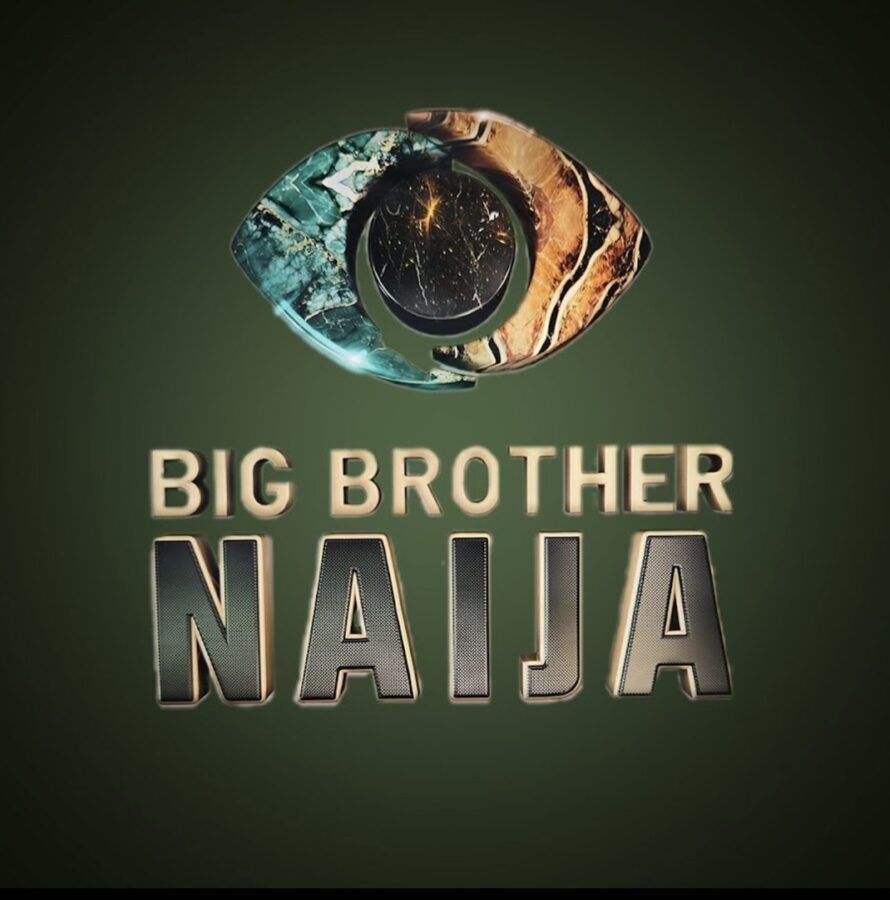It’s hard not to glance away from Big Brother Naija these days. If you’re an obsessive fan, scroll mindlessly through the endless X (formerly Twitter) arguments, or roll your eyes every time a new “ship” or scandal emerges, one fact is guaranteed: BBNaija is no longer a reality television show. It is a big business, and one of the most powerful entertainment drivers in Africa.
When BBNaija initially launched in season one back in 2006, nobody knew what it would eventually become. It was hopeful, a Nigerian local adaptation of the popular Big Brother brand, but it wasn’t until it was revamped in 2017 that it exploded. Since then, the reality TV show has evolved into a full-blown cultural phenomenon, attracting hundreds of thousands of fans, building careers, stoking national debates, and, most importantly, generating revenue.
A typical BBNaija season is not just a TV show. It is a full-blown multimedia experience. It lives on satellite television, YouTube, TikTok, Instagram, and X (formerly Twitter). Viewers don’t just tune in for an hour a day. They are involved around the clock. They watch livestreams, comment on every argument, vote for their favourites, and track every possible storyline. The emotional investment is genuine, and so is the financial backing behind it.
This active level has given fertile ground to brands. Every season, corporate venture sponsors compete to occupy a place at the BBNaija table. In 2021, payments app Abeg reportedly spent over 2 billion naira to become the headline sponsor. Some other sponsors include Guinness, Patricia, and Pocket by PiggyVest. For them, it’s not just about slapping a logo on the screen. They have artistic control over projects, brand rights in the home, and a massive, young-skewing audience.
And it is not only big, but also pan-African. BBNaija is watched in more than 40 countries across the continent, providing sponsors with an opportunity to connect with millions beyond Nigeria’s borders. This borderless success renders the show a serious business marketing tool. Startups like Flutterwave experienced significant increases in engagement and awareness after displaying sponsorship. For brands like these, BBNaija has become a strategic business move rather than a publicity stunt.
Behind the camera, the programme generates thousands of jobs. Each season hires production crews, makeup artists, lighting technicians, editors, set decorators, and a multitude of other professionals. From the people who build the set to those trimming the recap clips, Big Brother Naija is a significant economic project. Before you even include the security team, caterers, logistics firms, and tech staff, the job footprint is huge.
Besides the employment, BBNaija also hits small businesses. Tailors making clothes for housemates, social media managers manning fan pages, influencers who talk about the show every day — they all earn money. BBNaija creates an entire economy that flourishes throughout and after the season.
The most obvious beneficiaries of this economy are the housemates themselves. The moment an individual steps into the BBNaija house and remains long enough to leave a lasting impression, their life is forever altered. It does not matter whether they win or not. Mercy Eke, the first female winner of the reality show, leveraged her platform to become a media personality and a prosperous entrepreneur. Laycon went on to release a rap song that went viral nationwide. Even non-winner stars such as Tobi Bakre, Bisola Aiyeola, Tacha, Liquorose, or Kiddwaya have made their entrances into careers as influencers, actors, or brand ambassadors.
The program places them in the spotlight, but they are on their own to make the most of it. Some housemates sign endorsement contracts the moment they leave the house. Others launch clothing brands, skincare brands, or YouTube programs. Some even go on to become activists or politicians. BBNaija has become a launching pad for anyone with as much charm and cunning as they require to cash in on their moment.
Culturally, BBNaija holds up the mirror to Nigerian society. It reflects the conversation on gender, class, relationships, tribalism, beauty, and more. Tenture audience and files have arguments over everything, ranging from love triangles to who does the dishes, but in the background, it is a national conversation about who we are and what we care about.
But not everyone is cheering. Some critics argue that BBNaija distracts Nigerians from pressing national issues or promotes values centred on celebrity and materialism. Others express concern over the financial implications, noting that viewers are now encouraged to maintain active DStv or GOtv subscriptions to participate in voting, which can be burdensome in a challenging economy.
These concerns are valid and underscore the show’s immense influence. BBNaija isn’t merely watched—it resonates deeply with its audience. The business model of Big Brother Naija continues to evolve. Multichoice, the media house owner of the franchise, continues to push boundaries with spin-offs, online content, exclusive behind-the-scenes content, and merchandise. With the Nigerian entertainment landscape continually evolving, BBNaija has established its niche as one of the most profitable drivers.
It may still be a reality show, but BBNaija is now operating at the peak of an empire business. It’s creating jobs, building brands, and sparking up discussions across the continent. However, you feel about the drama, the brawl, or the romance, one thing is true: Big Brother Naija is not going anywhere, and it’s making bank in the process.


